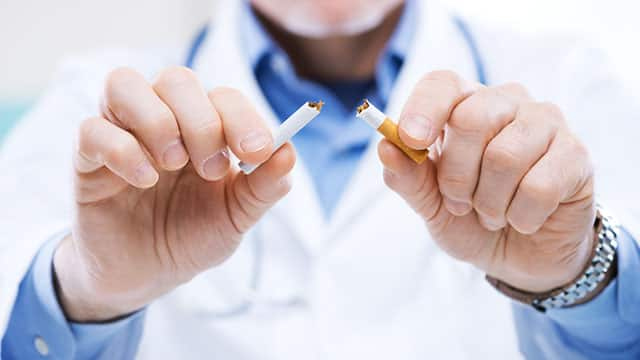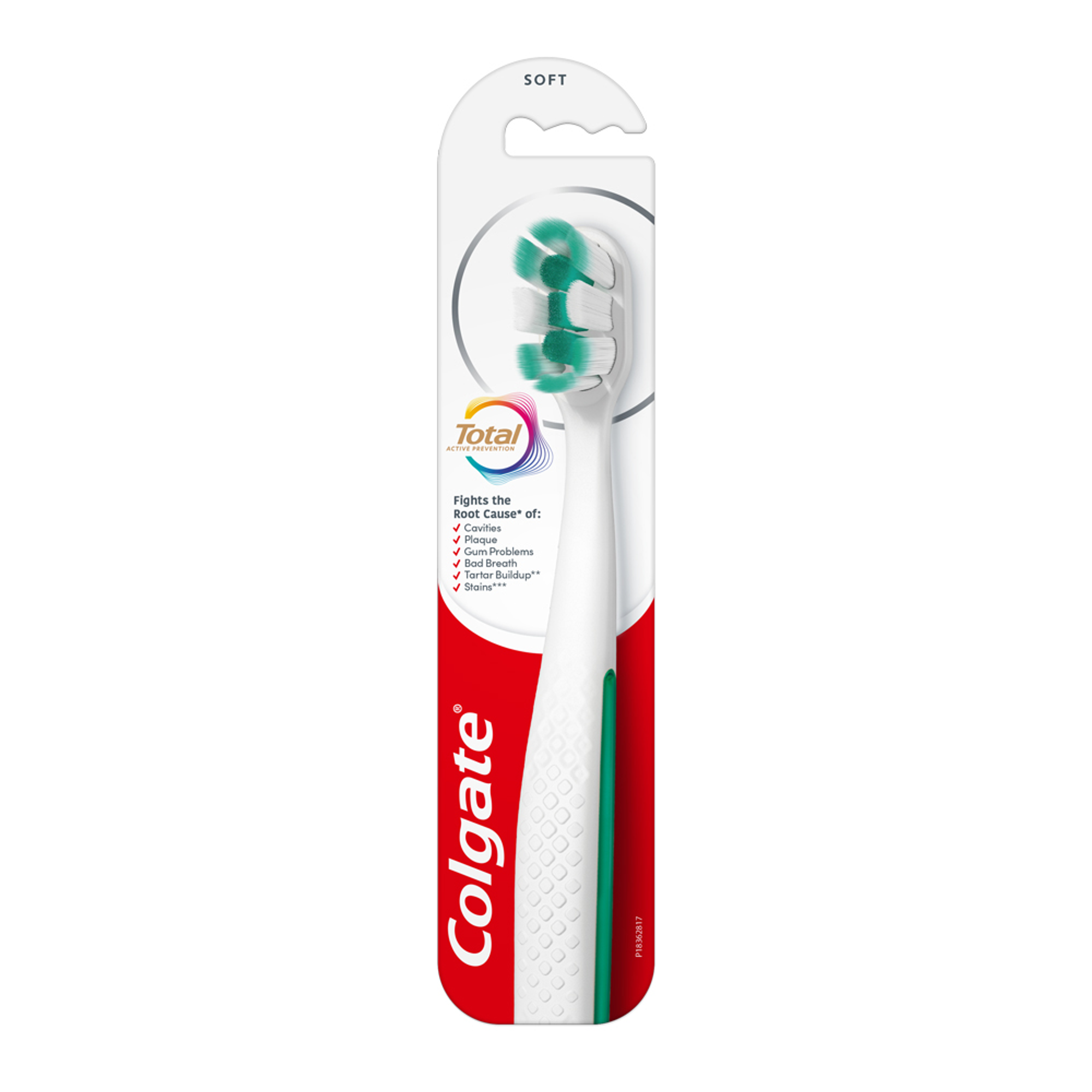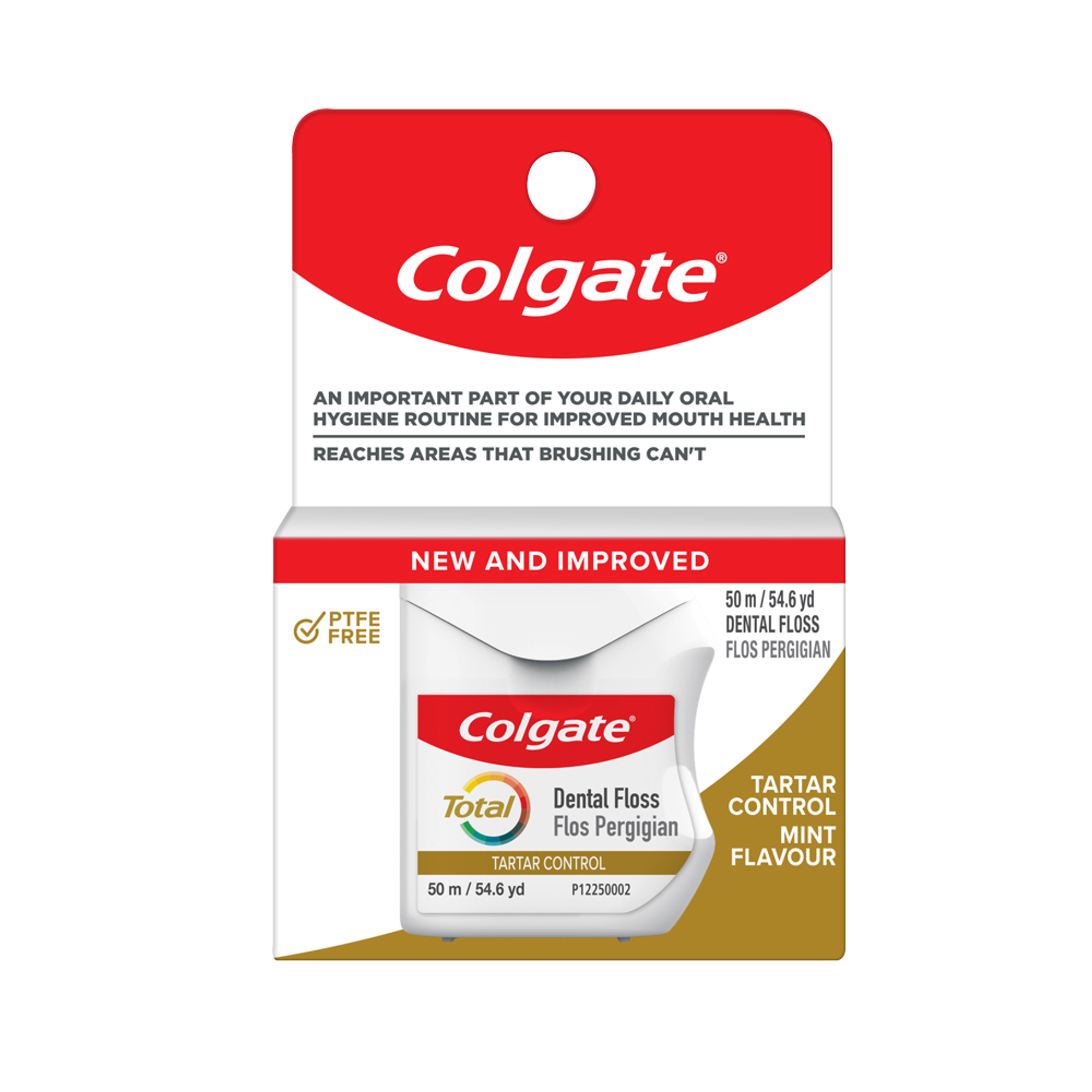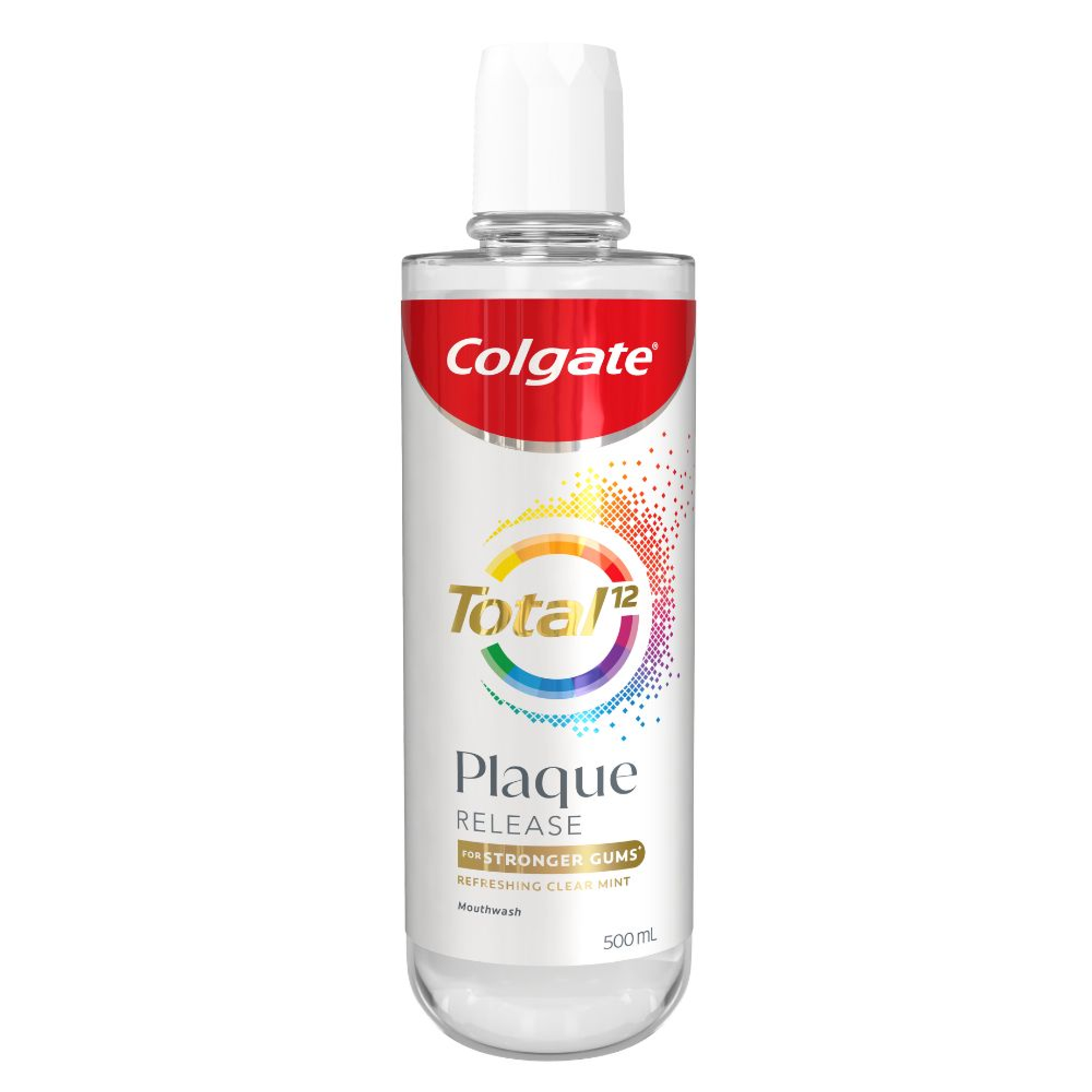-
-

FLUORIDE
Discover how stannous fluoride toothpaste prevents cavities and other oral health issues. Learn the key benefits of fluoride for teeth and its best uses.Fluoride plays a vital role in oral healthcare...

TEETH WHITENING
Teeth Whitening Serum for a Brighter, Confident SmileWho does not want whiter and brighter teeth? Thanks to the many teeth-whitening products available today...
-
Science & Innovation
- ORAL HEALTH ASSESSMENT
- Colgate® | Toothpaste, Toothbrushes & Oral Care Resources
- Oral Health
- Effects Of Smoking On Teeth


How Smoking Affects Your Teeth and Oral Cavity
The number of ways that smoking can affect your oral health is not a short list. It's a solemn one. If you're a smoker, parts of this list are obvious — but most are alarming.
- Stained Teeth, Bad Breath, Loss of Smell and Taste: Smoking can singe your sense of smell and taste, while cigarette tar can stain your teeth, discolour your tongue, and lead to halitosis.
- Weakened Immune System: Smokers' immune systems become compromised, leading to weakened defenses against oral diseases and longer recovery from dental surgical procedures.
- Gum and Periodontal Disease: Smoking is the most significant risk factor associated with the development of periodontitis, notes SingHealth.
- Tooth Decay and Loss: Smoking supports bacteria, plaque and tartar build-up leading to cavities, decay and tooth loss.
- Mouth Sores and Ulcers: These common oral health issues are much more prevalent in smokers.
- Gum Recession: Smokers who develop gum disease experience receding gums that expose the margins of their crowns. This may make oral hygiene more difficult and change the aesthetic appearance of their crowns.
- Oral Cancer: Exposure to harmful chemicals found in cigarettes, cigars and smokeless tobacco causes mutations in the healthy cells of your mouth and throat, increasing your risk for developing oral cancer — probably the most serious and challenging to treat.
What Steps Can You Take To Quit Smoking
Quitting smoking — It takes hard work, commitment, accountability, and willpower. Health Promotion Board's I Quit Programme aims to support Singaporeans on their smoking cessation journey, with a support system in place that includes daily text messages, weekly QuitLine calls and face-to-face counselling at pharmacies. They also provide some tips on how to going about it:
- Get Ready: Set your date to quit.
- A Week Before Quit Day: Write down your reason(s) for quitting. Decide on your method of quitting. Have an emergency plan to beat unexpected cravings (e.g. a workout session). Talk to a Quit Consultant and decide what’s the best way for you to start.
- A Day Before Quit Day: Throw away all ashtrays, lighters and cigarettes. Plan activities to occupy yourself with. Rally your friends and loved ones for help and moral support. Or if you prefer, get a close friend or family member to be there for you.
- 5 Quit Methods: Cold turkey, gradual reduction, professional help from Quit Advisors and Pharmacists, medication and nicotine replacement therapy (NRT).
It's not a matter of how long it takes for smoking to affect your teeth and oral health — but just a matter of when. In Singapore, tobacco kills approximately 2,500 smokers and 250 non-smokers each year (based on the World No Tobacco Day information paper), as noted by Singapore Cancer Society. Remember that with most oral care concerns, your dental professionals are there to help. With regular visits, your dental team can help create a program to start the quitting process while playing a vital role in the support system you'll need. Sure, regular brushing and flossing can help your smile. The rest of your oral health is in your hands. That starts with taking the cigarette out of your hands and choosing health.
Related Articles


Learn effective ways to remove tartar buildup, prevent plaque, and maintain a bright, healthy smile. Discover expert tips for easy tartar removal at home.

Noticing that your cheeks are swollen can be distressing. There are many possible causes of cheek swelling, and a doctor or dentist can diagnose the issue.
Related Products

Helping dental professionals
More professionals across the world trust Colgate. Find resources, products, and information to give your patients a healthier future








